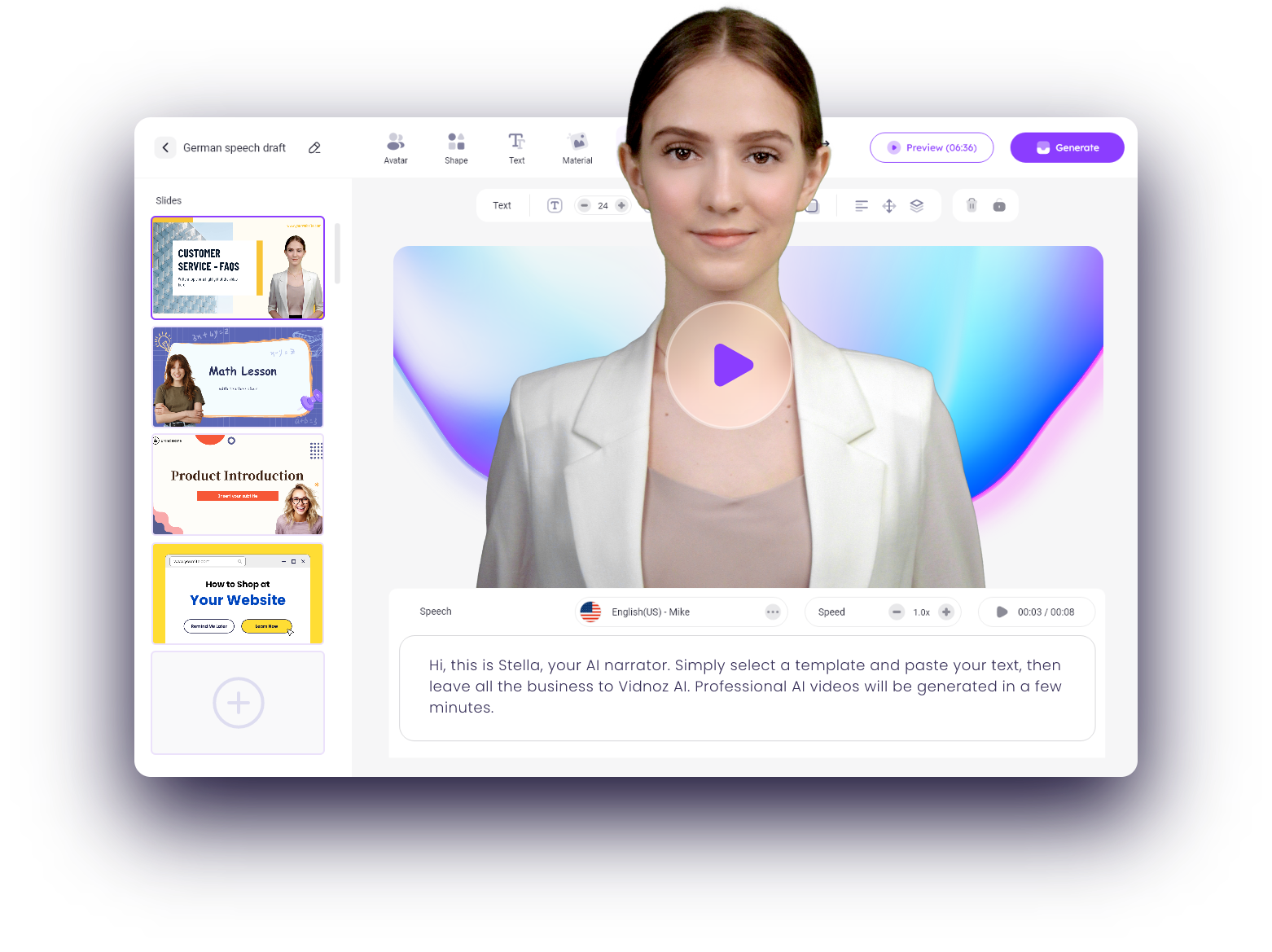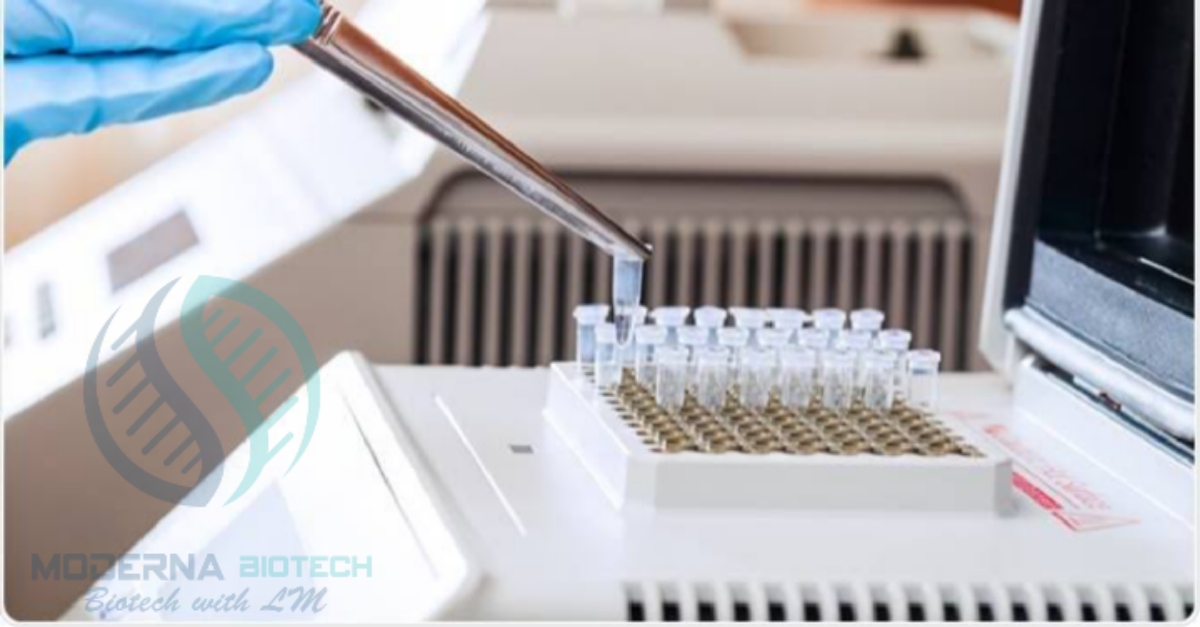5 Latest Developments in Biotechnology to Help You Decide Your Career
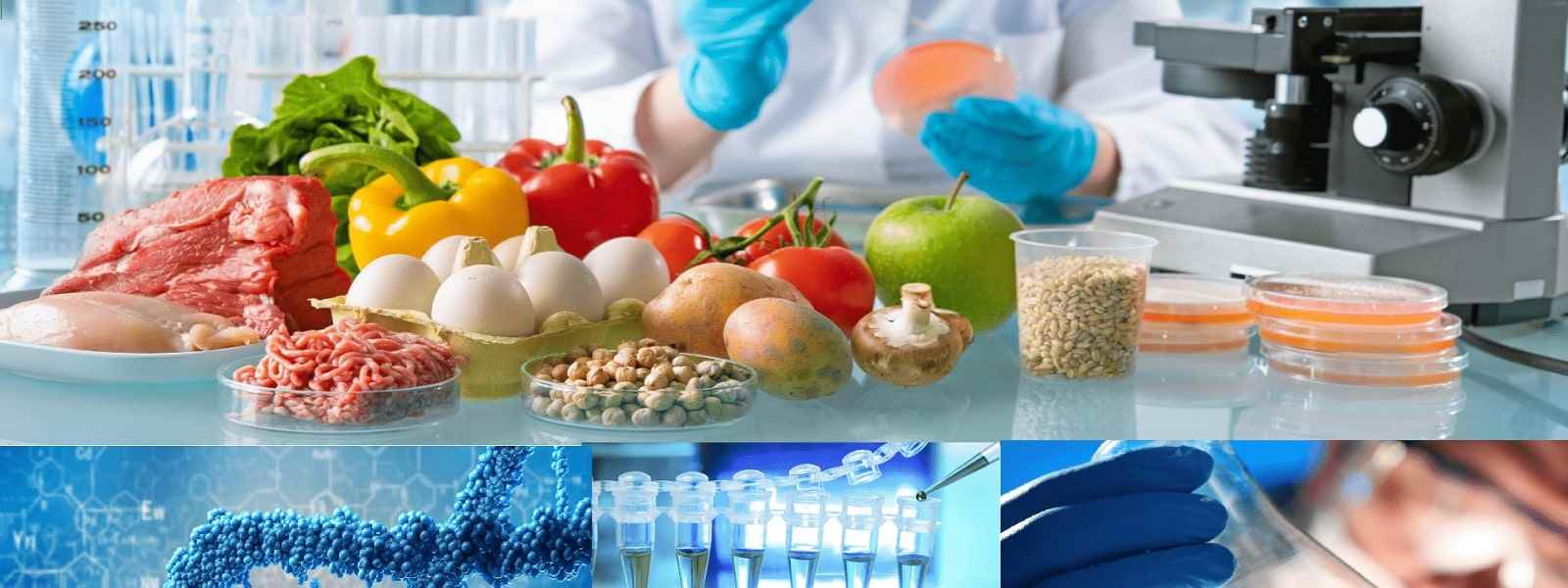
Biotechnology innovations are witnessing steady growth in the past few years in different industries. Its scope is not limited to the medical areas, as some people may think. You will find its application in agriculture, energy sectors, and the environment for some innovative solutions to our problems.
The innovations are part of biotechnology to transform the different industries. It uses living organisms, biological systems, or biomolecular cellular processes for those who don’t know. You will find the genetic engineering, assays, or diagnostic in the biotech innovations and current developments.
Table of Contents
Biotechnology as a Career
The growing interest of students in the field of biotechnology is the outcome of the latest developments. It is a unique interdisciplinary with a combination of biology, mathematics, physics, and chemistry. Also, the studies allow students to pursue their careers in scientific and administrative sectors based on their personality traits.
Moreover, you will work on exciting and innovative research projects for the benefit of society and various industries. The cost of education may not fit your budget because of the growing demand and technology integration. Though, you can increase your affordability with guaranteed acceptance loans from direct lenders.
5 Exciting Biotechnology Advances That Can Shape Your Future Career
Biotechnology is a fascinating field that holds the promise of transforming the world around us. If you’re curious about what the future holds in this area, here are five latest developments that might help you decide if a career in biotechnology is right for you!
1. CRISPR Technology: Imagine a tool that allows scientists to precisely edit genes. That’s exactly what CRISPR technology does! It’s like a molecular pair of scissors that can cut DNA at specific points, opening the door to potential cures for genetic diseases.
2. Biofuel Breakthroughs: Biotechnology is making strides in creating cleaner and more sustainable energy sources. Researchers are using microorganisms to produce biofuels, offering a greener alternative to traditional fuels and reducing our dependence on fossil fuels.
3. Personalized Medicine: Thanks to biotechnology, medicine is becoming more personalized. Scientists can analyze an individual’s genetic makeup to tailor treatments that are more effective and have fewer side effects, providing a more precise approach to healthcare.
4. Synthetic Biology: Imagine designing and building new biological systems from scratch. That’s the essence of synthetic biology. Scientists in this field are creating artificial life forms and redesigning existing ones, opening up possibilities for new medicines, materials, and more.
5. Agricultural Advancements: Biotechnology is revolutionizing agriculture by developing crops that are more resistant to pests and diseases. This means more efficient and sustainable farming practices, potentially addressing global food security challenges.
These are just a few examples of how biotechnology is shaping the world. If you’re excited about exploring new frontiers, solving real-world problems, and being part of groundbreaking discoveries, a career in biotechnology might be the perfect fit for you!
Latest Innovations in Biotechnology
The latest innovations from the industry give you an idea of their significance in the real world. It helps us understand the real application of a field of study to increase our overall understanding. Following are the latest innovation in Biotechnology that are changing the industries around the globe.
Single Cell Technologies
Single-cell technologies are among the important tools for researchers in clinical research and drug discovery. It provides a detailed view of processes on the cellular level for a more detailed picture of the cell population. Next-generation sequencing is the common companion of single-cell technologies to gain a deeper knowledge of the tumour environment.
You will find the use of single-cell technologies in the research setting. Many contract research companies provide single-cell sequencing along with analysis platforms for specific DNA panels. A normal setup of sequencing includes multiple machines to process cells one-by-one simultaneously.
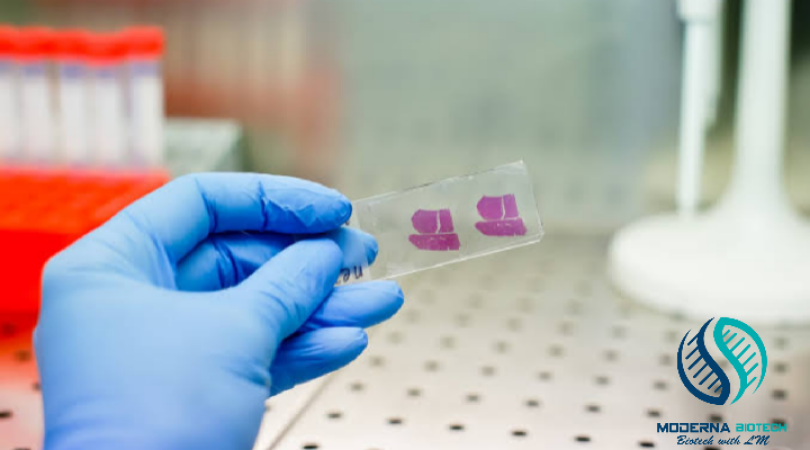
Aptamer Biosensors
Heavy-metal sensors, pregnancy tests, and glucose monitors are some of the applications of biosensor-based solutions in use from the 1960s. They contain antibodies, enzymes, or microbes that make it possible for the sensor to read the component. The latest innovations focus on making these sensors more sensitive, cost-effective, and stable.
Aptamer biosensors are systematically developed by ligand evolution with the use of exponential enrichment. The process generates stable RNA or DNA molecules, and these components are highly selective for a target compound. The companies are using it for medical diagnostic and environmental testing.
Current Cell Therapies in Biotechnology
We are aware of the chronic illness’ requirement for repeated drug treatment for effective management. The idea to deliver the drugs to people with the illness can save unimaginable time and effort. The automatic delivery within the right time can help millions around the globe suffering from a disease such as diabetes.
In type-1 diabetes, patients suffer from insulin deficiency and the formation of blood glucose. Thus, the developers are using Seraxis to implant a device for direct response to the increase in blood sugar levels. Thus, eliminating the drug treatments for the patients to reduce their dependency on constant visits to the pharmacy.
Biotechnology Stem Cell Applications
Stem cell research has been conducted around the world in the scientific community since the early 1980s. The research goal includes developing a cell with the desired characteristic after controlled differentiation. Thus, the latest innovations can transform drug development, bio-material manufacturing, and regenerative medicines.
The drug development will include the use of the latest technology to mimic the actual organs for its effects. Stem cell technology can create tissues and organ models to provide the closest environment possible for the testing phase. Thus, reducing the dependence on human test subjects to avoid the possible side effects. Bio-material manufacturing can help the treatment of soldiers on a battlefield in the absence of proper healthcare.
CRISPR-Based Platforms
CRISPR-based technology is the new trend in the biotechnology field after the discovery of the Streptococcus pyogenes CRISPR-Cas9 adaptive immune response. The discovery led to the nomination of Emmanuelle Charpentier and Jennifer Doudna for Nobel prize recipients in Chemistry. Though, the original development began in 2007 after the Danisco scientists discovered the short repeat sequences in their yoghurt bacteria genome.
Moreover, The potential use includes the improvement of oil manufacturing with reduced dependence on fossil fuels. Also, researchers are trying to use CRISPR-Cas9 to enhance sustainable crops without the use of foreign DNA. Also, the technology may find its use in the treatment of various diseases since human trials have already begun.
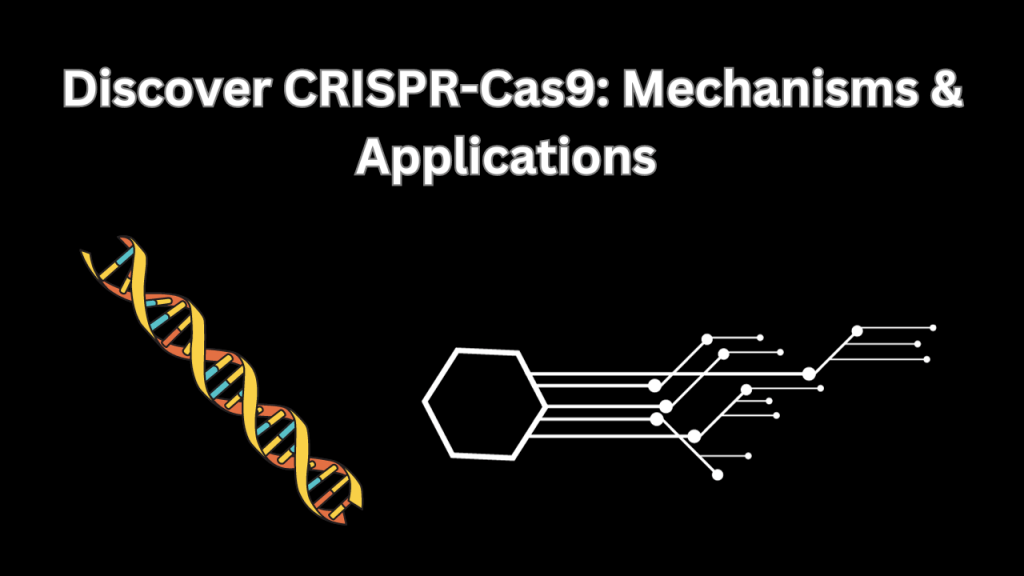
How to Contribute in the Biotechnology Field?
The proper use of our skills is critical to finding success in the professional world. Your interest in biotechnology may find the right opportunity with the use of your natural skills. The following famous roles are available for students after completing their education, even if they require bad credit loans in the UK.
Medical Scientist
Medical scientists explore the various corners of the research to find possible enhancements in the current processes. You will be responsible for preparing and analyzing samples to find the causes and treatment of diseases. Moreover, you will work to standardize drug doses, potency, and methods to help manufacture and distribute on a large scale.
Biomedical Engineer
A biomedical engineer is responsible for combining biology and engineering elements to create solutions for industrial requirements. You will improve or build biomedical equipment, devices, artificial organs, software, and other machines, to name a few.
Biochemist
Biochemists study the chemical aspect of the biological processes in labs with complex researches. These individuals are responsible for finding the impact of certain chemical compounds on our bodies. Thus, helping society at large with their studies and outcomes.
Conclusion
To sum up, biotechnology is a great field of interest for human society to advance. It combines the various subjects to create a unique industry with endless potential in the current world. So, you can expect the industry to grow in the future as well with the growing demand and dependency on the above solutions.


